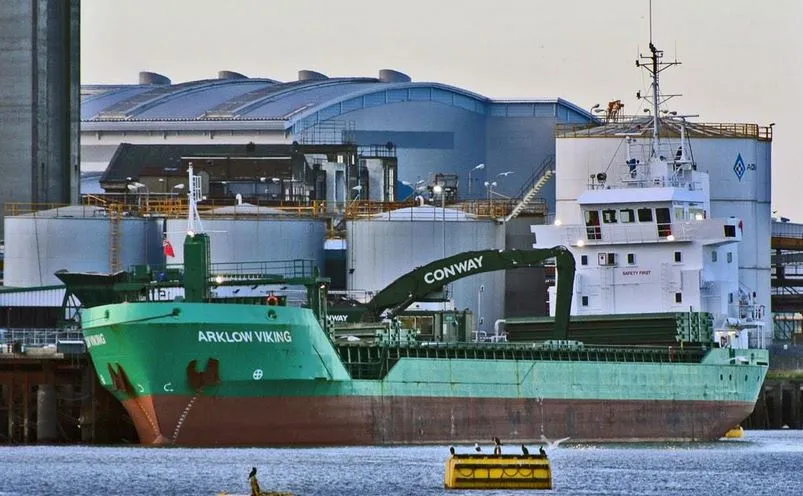
According to reports, they were impressed with the quality of manufacturing at the facility. The visit to
“All delegates seek to participate in the knowledge exchange for their organisations and also to represent a collective AAPA voice that can drive change to benefit all industry in Australia,” said Carlos Rial, chief executive officer of AAPA, which represents the Australian bituminous flexible pavement industry. “This knowledge exchange between countries is an opportunity to benchmark best industry practices and to drive improved safety, sustainability and value for money through improved efficiency and innovative solutions.”
The visit comes as Australian roadbuilding officials are looking at ways to increase utilisation of recycled asphalt (RAP). Key data was shared during the stop at Ammann China regarding high RAP usage and the best technologies for doing so.
In some parts of Asia, such as Japan, high percentage recycling is a priority. The percentages are much lower in Australia, and increasing the ratio will require the implementation of improved asphalt-mixing plant technology, Rial said.
The delegates saw such technology in action when they departed the factory and paid a visit to a nearby working plant, an Ammann ABA UniBatch. Future plants will have to address environmental concerns beyond RAP utilisation, “The technology used by Ammann to address emissions and odour was particularly interesting,” Rial said.
The emphasis on technology also included the compaction machines and light compaction equipment produced by Ammann.






